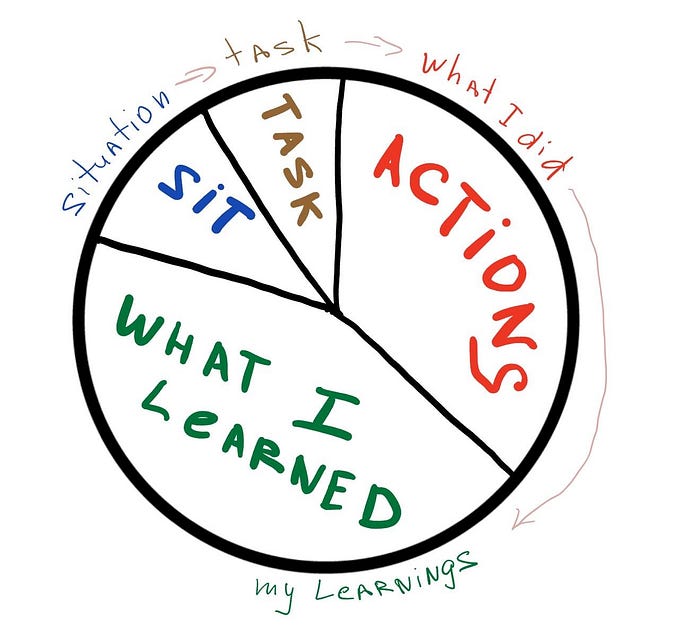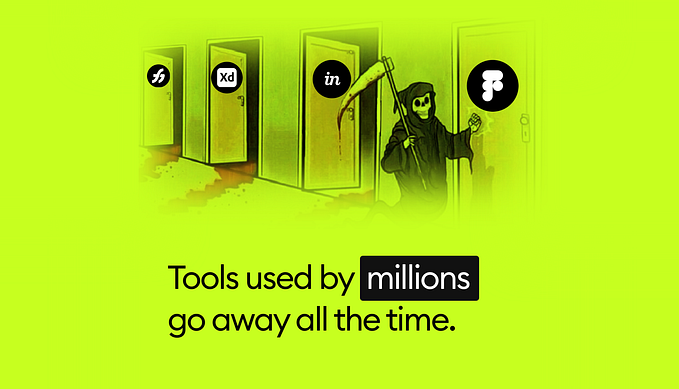The Wiz: The Legacy and Legends Behind the Film

Photo courtesy of Motown Productions
Since we’re all in a “wizardry” mood this weekend, how about taking it back to this magical gem of a film? 46-years-ago, The Wiz was released in theaters as the film adaptation of the 1974 broadway musical of the same title. Of course, the original source of inspiration for all of these amazing films and musicals we’ve gotten over the decades stems from L. Frank Baum’s 1900 children’s novel The Wonderful Wizard of Oz, but this version, however is the “Blackified” rendition, with an all-Black cast, and a celebration of soul, funk, rhythm and blues all-in-one.
Originally considered a “flop” at the time of its release, The Wiz is now a certified cult classic that somehow gets better with each passing year. Upon its release in 1978 and in the years since there’s been some comparisons of The Wiz to its 1939 predecessor starring Judy Garland. Other than the general storyline and characters, there are some notable differences.
For starters, there was no mention of “not being in Kansas anymore,” because Dorothy was from New York, and since The Wiz was an adaptation of the broadway musical, there was a lot more singing and dancing than the 1939 version.
Here’s a breakdown of the film’s main characters, who they were played by, and what they were doing in the year 1978. I have a feeling you might recognize a few of them.
Diana Ross

Courtesy of Motown Productions
Diana Ross played the titular character of Dorothy. Of course by the year 1978, Ms. Ross was “The Boss” and a well established legend having started in the entertainment industry as part of The Supremes back in the 1960s. The 1970s were spent with Ross building her solo career which also included a growing acting resume. In 1972, Ross portrayed Billie Holiday in the musical Lady Sings the Blues, and turned in a great performance in 1975's Mahogany amongst others. The Wiz was yet another addition to a strong list of films from Ms. Ross.
Michael Jackson

Courtesy of Motown Productions
Ahh yes. A young fellow by the name of Michael Jackson took on the role of the Scarecrow in what was a slight preview of what we would see from him just a few short years later in terms of how he revolutionized turning music videos into actual short films. By the time 1978 rolled around, Jackson had experienced a lot of musical success with his brothers The Jacksons, and was in the process of beginning his adult solo music career. The Wiz actually marks a pivotal moment in MJ’s music career because it was here that he connected with Quincy Jones as Jones was doing the score for the film.
Legend has it Michael pronounced “Socrates” wrong, leading to Jones correcting him. As they got to know each other, apparently Jackson told Jones he was going to be working on a solo album and asked if he knew anybody from a production standpoint who would work with him. Jones thought Michael was being facetious. He wasn’t, but the convo led to the three working together on Off the Wall, Thriller, and Bad.
Nipsey Russell

Courtesy of Motown Productions
The supremely talented actor, comedian, poet, and dancer Nipsey Russell had the honor of being the pop locking Tin Man in The Wiz. Beginning his career in the 1950s, Russell had a long list of credits to his name in the year 1978 including being the first black performer to be a regular gameshow panelist on 1964's Missing Links, co-starring on the ABC sitcom Barefoot in the Park, and regularly appearing on both The Dean Martin Show and The Dean Martin Comedy World. Following The Wiz, Russell would go on to book other roles such as being a guest host on The Tonight Show during the era Johnny Carson was hosting.
Ted Ross

Courtesy of Motown Productions
Prior to the film, Ted Ross first played Courage the Cowardly Lion in the broadway version of The Wiz, which won him a Tony Award. Ross reprised the role for the movie adaptation where his performance was once again praised. By the year 1978, Ross had other credits to his name on broadway with 1969's Buck White, 1970's Purlie, and 1973's Raisin. Ross also had a role in the 1976 film The Bingo Long Traveling All-Stars and Motor Kings. In the years after The Wiz, the actor would appear in the 1981 films Arthur and Ragtime.
Richard Pryor

Courtesy of Motown Productions
Richard Pryor. One of the founding fathers of comedy, Pryor is without a doubt one of the greatest comedians to ever do it. By the year 1978, Pryor was already regarded as one of the all-time greats with notable works such as Richard Pryor: Live & Smokin’, and …Is It Something I Said to name a couple of his shows. Pryor also had many notable credits in his filmography at this particular point in his career including Lady Sings the Blues as well, 1974's Uptown Saturday Night, 1976's Car Wash, and 1977's Greased Lightning.
Lena Horne

Image courtesy of Motown Productions
The great Lena Horne. A trailblazer and door breaker for African American actresses and entertainers around the world. It’s hard to summarize a career that lasted over seventy years as Horne is one of the all-time greats, but 1943's Stormy Weather, her success as a nightclub performer, her 1957 record Lena Horne at the Waldorf-Astoria (which was the biggest-selling record by a female artist in the history of RCA at the time of its release), and tons of variety shows were just a few of her accomplishments before her portrayal of Glinda The Good Witch of the South in The Wiz. Trust us when we say there was plenty more in store for Horne in the years afterwards — 40 years worth of more accolades.
Sidney Lumet was in charge of directorial duties for The Wiz. The years leading up to The Wiz saw Lumet directing the 1974 British mystery film Murder on the Orient Express, and the 1977 psychological drama Equus. It was 1975's Dog Day Afternoon, however, that earned Lumet one of his five “Best Director” Academy Award nominations.
And as for the soundtrack, score for The Wiz was done by Quincy Jones with songs like “Soon As I Get Home/Home,” “You Can’t Win,” “Ease on Down the Road,” and “Slide Some Oil to Me/ Now Watch Me Dance,” being amongst the highlights in the film.”Home” in particular is what ends the movie on a powerful and emotional note, making it one of Diana Ross’ best vocal performances in a long list of greats.









